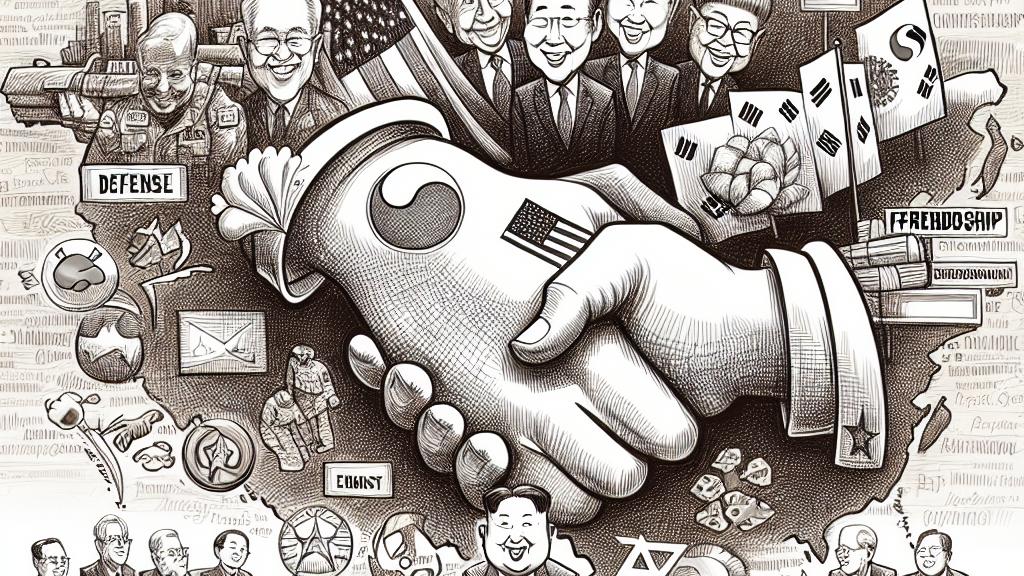Understanding the US Stance on South Korea's Nuclear Weapons
Overview
- The US prioritizes regional stability while deterring South Korea from nuclear armament.
- Widespread skepticism in Seoul challenges the reliability of US defense promises.
- US strategy focuses on maintaining military dependency to uphold authority in Asia.

The Crucial US Commitment to South Korea's Defense
Ever since the end of the Korean War, the United States has been a pivotal ally for South Korea, willing to provide extensive support against threats, particularly from North Korea. Just recently, while Secretary of State Antony Blinken was visiting South Korea, North Korea provocatively launched a ballistic missile, illustrating the ongoing hostilities and the precarious nature of security in the region. This incident served as a potent reminder of why the US continues to strengthen its alliances, not only with South Korea but also with Japan to confront any potential aggressors. It’s important to grasp that this is not merely about friendship; it's a strategic play woven into a broader agenda aimed at ensuring that American influence remains a cornerstone of stability within the Indo-Pacific—a zone critical to both global peace and economic prosperity.
Increasing Skepticism Among South Koreans
Despite the apparent sincerity in US commitments, many South Koreans are becoming increasingly doubtful about the reliability of their American ally. A growing number of voices within Seoul, including well-respected political science professors Robert Kelly and Min-Hyung Kim, argue that the fear of abandonment looms large. They raise an unsettling dilemma: in the event of conflict, would the US prioritize cities like San Francisco over the safety of Seoul? Such questions have fired up discussions about whether South Korea should pursue its own nuclear weapons—many believe that independence in defense capabilities could yield a crucial safeguard for national security. This evolving perspective not only speaks to a shift in public sentiment but also raises pivotal questions about the future of security alliances in the region.
The US's Staunch Rejection of South Korea's Nuclear Aspirations
While a nuclear-capable South Korea might seem like a rational deterrent against North Korea's threats, the United States is firmly opposed to such aspirations. The reasoning behind this stance involves multiple factors: first and foremost, the US fears that if South Korea develops nuclear capabilities, it could ignite a dangerous arms race in East Asia. Just imagine a scenario where South Korea goes nuclear—wouldn't that trigger Japan or Taiwan to follow suit? Consequently, such developments could significantly alter the regional power dynamics and lead to greater instability. The second key reason for the US's resistance is the desire to maintain a certain level of military dependence among its allies. A nuclear-armed South Korea risks diminishing the longstanding military partnerships that have been crucial in defining the balance of power for decades. In essence, the US remains committed to protecting its interests, preferring to keep its nuclear umbrella firmly over South Korea rather than opening the potential floodgates to a nuclear arms buildup in Asia.

Loading...